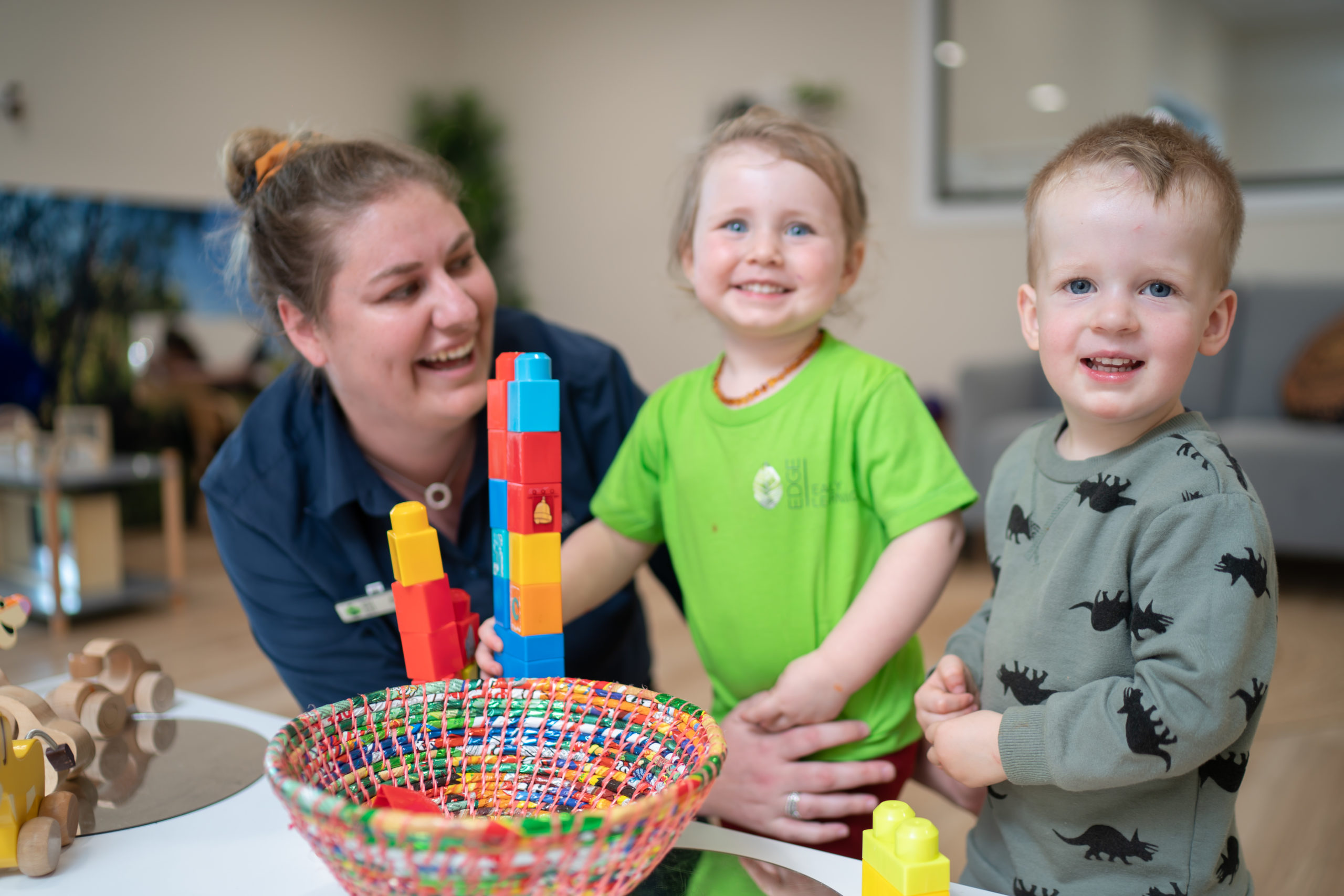
Education, Top News
Top News
11 October, 2025

Each July, the Child Care Subsidy (CCS) rates are adjusted as per the Consumer Price Index (CPI). As of July 10th 2024, the Australian Government Department of Education and Training has announced changes to the Child Care Subsidy including adjustments to the subsidy for combined incomes and changes to the maximum hourly rate cap.
There are a few key changes to the Child Care Subsidy that are making child care more accessible for families depending on their circumstances.
Families earning under $530,000 per year will now be eligible to receive Child Care Subsidy rates.
Families earning less than $80,000 will now have an annual subsidy rate increase from 85% to 90%.
Those with incomes over $80,000 may now get a subsidy starting at 90%. However, this will reduce by 1% for each $5,000 of income earned.
From the 10th of July 2023, families with children aged five or under in care will get a higher subsidy for their second child and younger children.
Families may be eligible if they:
Services Australia will work out which children get the higher subsidy by:
The standard rate child will get the standard CCS subsidy. Younger children will get a higher subsidy.
The standard rate child is usually the eldest child in the family unit. However, it could be another child depending on when children were enrolled in care.
Eligible higher rate children will receive a 30% higher subsidy, up to a maximum 95%.
Families will continue to receive their income tested CCS rate for all children. Children eligible for the higher CCS rate will have the increase automatically included in their CCS percentage reported to services.
Payments align with the first CCS fortnight of the 2023–24 financial year.
If we believe there is no intention for a child to use child care we will end a child’s CCS eligibility. If a child starts to attend care again, a family can lodge a new claim for CCS.
From 7 March 2022, a child who has not attended care for 26 consecutive weeks will not be eligible for CCS.
If a standard rate child’s CCS eligibility ends, Services Australia will reassess all other children in the family unit to determine the new standard rate child and new subsidy rates.
Families should contact Services Australia if their circumstances change, especially if their standard rate child’s CCS eligibility ends.
The measure will capture diverse family circumstances, including combined families where both parents are CCS-eligible for different children.
The Child Care Subsidy System is not able to recognise these combined families until July 2023. Services Australia will back pay the higher subsidy amount to affected families for the period March to July 2023.
Families concerned about this can discuss their situation with Services Australia who may be able to provide an alternative solution.
Children who are entitled to both the higher CCS rate and Additional Child Care Subsidy (ACCS) will be paid the ACCS rate.
Sessions of In Home Care do not attract the higher subsidy for younger children. This is because In Home Care is subsidised on a family rather than per child basis.
However, children aged five or under in In Home Care are included in the family unit when determining the standard rate child.
A family with their standard rate child in In Home Care will get the higher subsidy for younger children who attend care.
A CCS fortnight is a two-week period that starts every second Monday. The first CCS fortnight for the 2023–24 financial year started on the 1st of July 2023.
Generally, we calculate CCS at the start of a CCS fortnight. This amount continues for the whole fortnight regardless of any change of circumstance.
This means that if an eldest eligible child turns 6 partway through a CCS fortnight, younger children will keep the higher subsidy for the whole CCS fortnight.
Families already getting CCS don’t need to do anything. Services Australia will automatically increase the CCS for eligible second and younger children.
Families will be eligible for higher rate changes from 10 July 2023.
For families new to CCS, a child must receive a session of care before they can be considered the standard rate child.
All CCS-eligible children aged five or under are counted in a family unit when determining the standard rate child, and the higher rate child/children.
For families with children born on the same date, Services Australia will automatically determine which child is the standard rate and apply the higher rate to other children.

Speak to your Centre Director about picking up extra days ahead of the annual cap being lifted on December 10, 2021.
Enquire about enrolling your younger child(ren) for 2022.
Reference: Australian Government Announcement – Higher Child Care Subsidy and removal of annual cap